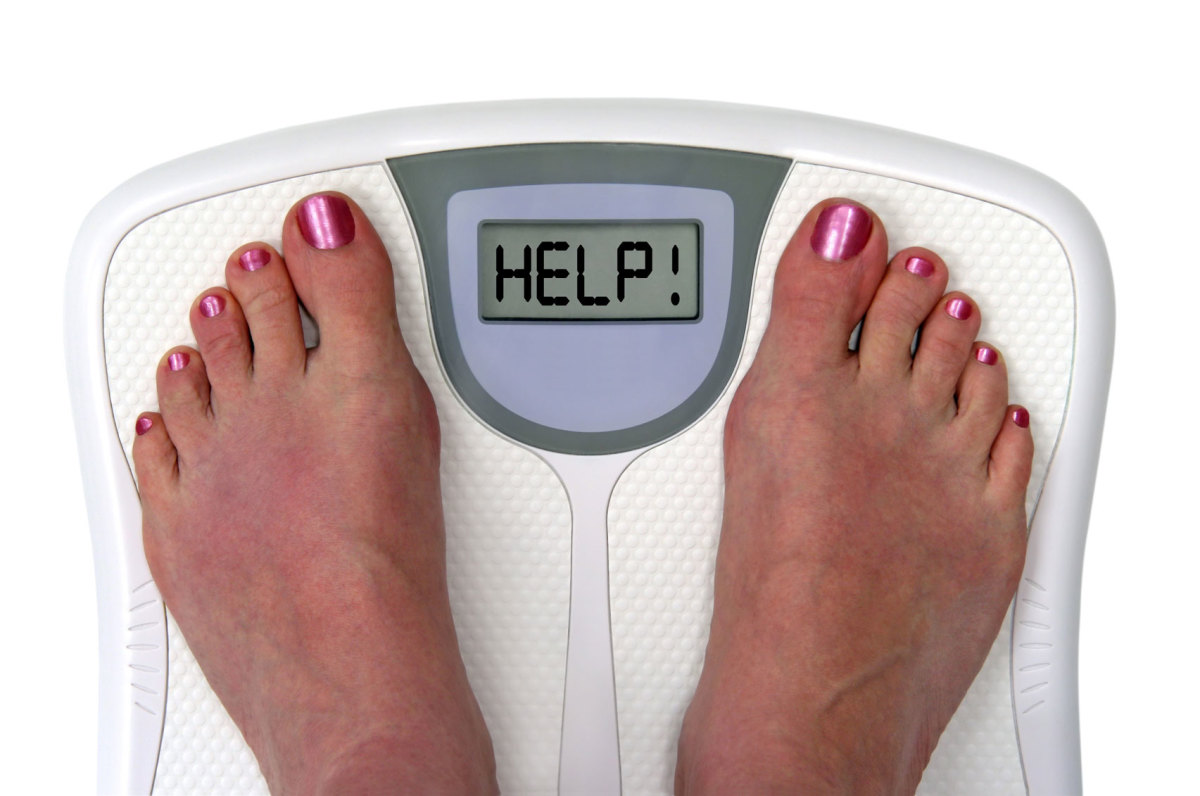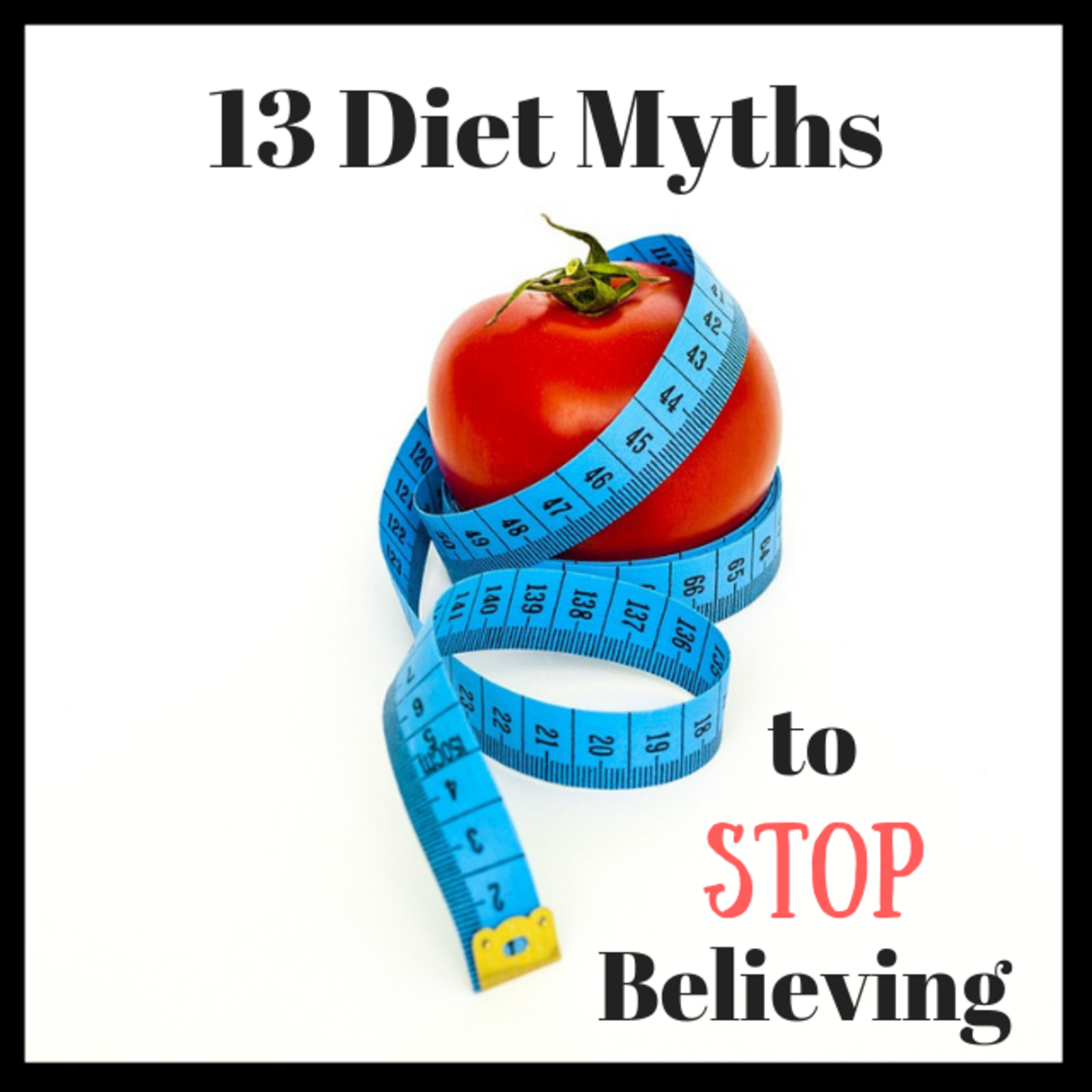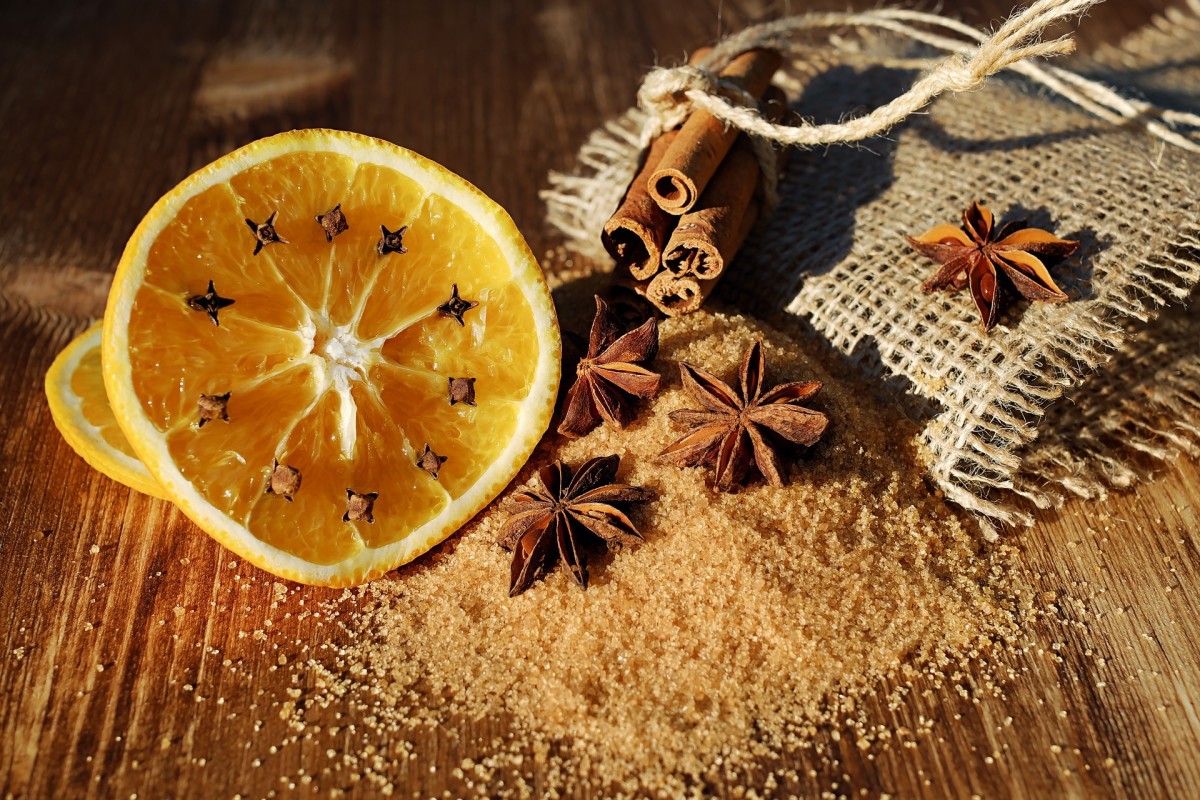One Simple Weight Loss Rule: Watch the Sugar
Are You Addicted to Sugar?
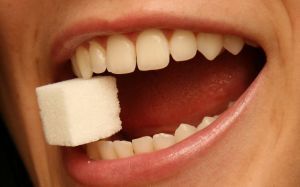
Have you ever wonder why your diet isn’t working? You’re existing on vegetables and low-fat everything, starving yourself delirious and your friend over there is eating five times a day and she’s a size two. You’re diligent and fastidious and you’ve kept up your diet routine but it’s not giving you any encouragement. You scale is not, that is. Why is that? Why is your friend so lucky—she eats and she eats and her waistline remains your envy? Life is just not fair. I agree—it isn’t. But is she consciously (or even unconsciously) following a cardinal rule that you miss? According to health experts—that may be it. Losing weight or maintaining an ideal weight may have more to do with balancing your blood sugar and hormones. We’re talking sugar. Not just pure sugar as in white sugar, candies and cookies but also sugar lurking in carbohydrates and refined starches. They are everywhere —white bread, noodles, cakes, sodas, desserts-- -- in your pantry, sitting pretty on supermarket shelves and restaurants. According to the US Department of Agriculture, the average American consumes about 43 teaspoons of sugar every day, compared to the recommended 6.5 teaspoons for women and 9.5 teaspoons for men. Corn sugar and corn syrup found in beverages, juice drinks and soda are the biggest culprits.
Too much sugar consumption can cause a sugar spike in the body and over time, your body loses the ability to create enough sugar-digesting enzymes to meet the demand. Sugar sensitivity develops and a host of health problems result. Short term effects of high blood sugar include headaches, mood swings, irritability, hyperactivity, depression, tooth decay and indigestion. Long term effects include type 2 diabetes, high cholesterol, hypertension, heart diseases, inflammation and obesity. The connection between obesity and high sugar intakes is particularly strong. According to Robert Lustig, MD., a UCSF pediatric neuroendocrinologist, sugar encourages fat storage and makes the brain think the body is hungry, setting up a “vicious” cycle of eating and more eating. He claims that fructose in particular is as bad as alcohol causing fat storage in the liver and the promoting fatty liver disease.
The Agave Plant.
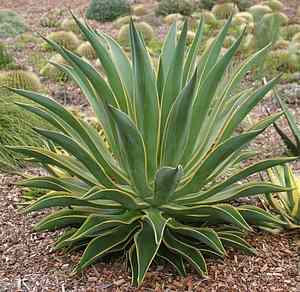
So, if sugar is contributing to obesity, why not monitor your sugar intake? At this point in time, you may think that taking artificial sweeteners will solve most of the sugar spike problem. While more studies are needed, some studies found that taking zero-calorie artificial sweeteners may actually promote weight gain. So, what recourse do you have? Thankfully, there are natural sweeteners that will not increase blood sugar level that you can turn to:
Agave Nectar
The Aztecs used agave nectar as an ingredient in their foods for thousands of years. They make tequila from it and its liquid has been used to flavor foods and drinks. The nectar is so sweet, it is known as aguamiel or “honey water.”
Agave nectar is most often harvested from Blue Agaves, large succulent plants resembling Aloe Vera. They grow well in the volcanic soils of Southern Mexico and the syrup is sweeter by weight than sugar. It is low on the glycemic index, meaning it breaks down slowly and does not cause a sudden spike to your blood sugar level. You can find organic, raw agave nectar in most health or specialty stores and always online.
Stevia--another natural sugar alternative.
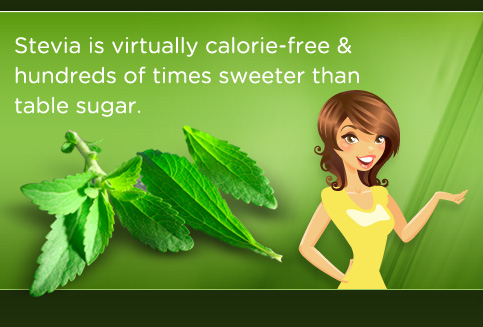
Stevia
Chances are you may already have seen Stevia in health stores. It was approved for use as a food additive in 2008 in the U.S. This herb in the Chrysanthemum family grows wild in parts of Paraguay and Brazil. The glycosides found in the leaves of Stevia rebaudiana plant, a sweet variety of the nearly 300 species of Stevia plants are 15 times as sweet as sugar. This natural sweetener has virtually no calories and little effect on blood sugar level.
You can find them either in the power or liquid form. They can be used to sweeten anything from beverages to desserts. Numerous studies indicate that Stevia is a natural product and it’s safe and non-toxic. Depending on the brand you buy, some products may be slightly bitter. They are sold under the brand names PureVia, Truvia and SweetLeaf Sweetener.
Luo Han Guo
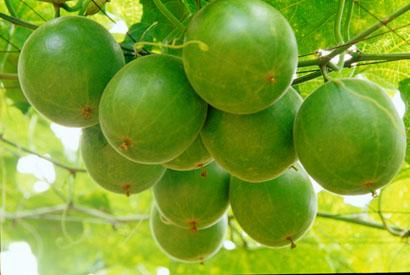
Luo Han Guo
Walk into any medical shops (or medical halls as they often called in Asia) and you will be able to find Luo Han Guo. It is a round dusty brown (like dirty yellow/greenish) with many seeds inside. Crack them open and boil them and you will get naturally sweet water and is often used to flavor Asian desserts like “Chengdeng.”
Luo Han Guo grows in the misty mountains of the Guanxi providence in Southern China. Residents in the area are known for their long life span, hence its other name “longevity fruit.” For centuries, Luo Han Guo has been used as a natural sweetener but it is only now, making its way into the western world as a natural alternative to sugar. It is rich in vitamin C, protein and 18 amino acids. It has virtually no calories and does not elevate blood sugar despite the fact that the mongrosides (a group of terpene glycosides) are 300 times sweeter than sugar.
Teas made from Luo Han Guo have medicinal value as well. In traditional Chinese medicine, it is often used to treat inflammation, sore throat, internal heat, gastrointestinal problems and elimination problems in the elderly. A popular sore throat medicine comes in the form of cubes of crystallized Luo Han Guo. Studies are underway to determine if mongrosides can prevent tumor and fight heart disease.
Xylitol
Often known as birch sugar, xylitol is a type of alcohol sugar, a naturally occurring substance with a chemical structure similar to that of sugar and alcohol. It has a low glycemic index and therefore has very little impact on blood sugar level. It doesn’t encourage the growth of candida like table sugar and medical reports suggest that it may be promote bone health, while preventing tooth decay and plaque buildup. The Journal of the American Dental Association reveals that xylitol used in chewing gums may prevent dental cavities. However, too much of a good thing always applies—too much xylitol can cause gastrointestinal discomfort and diarrhea.



